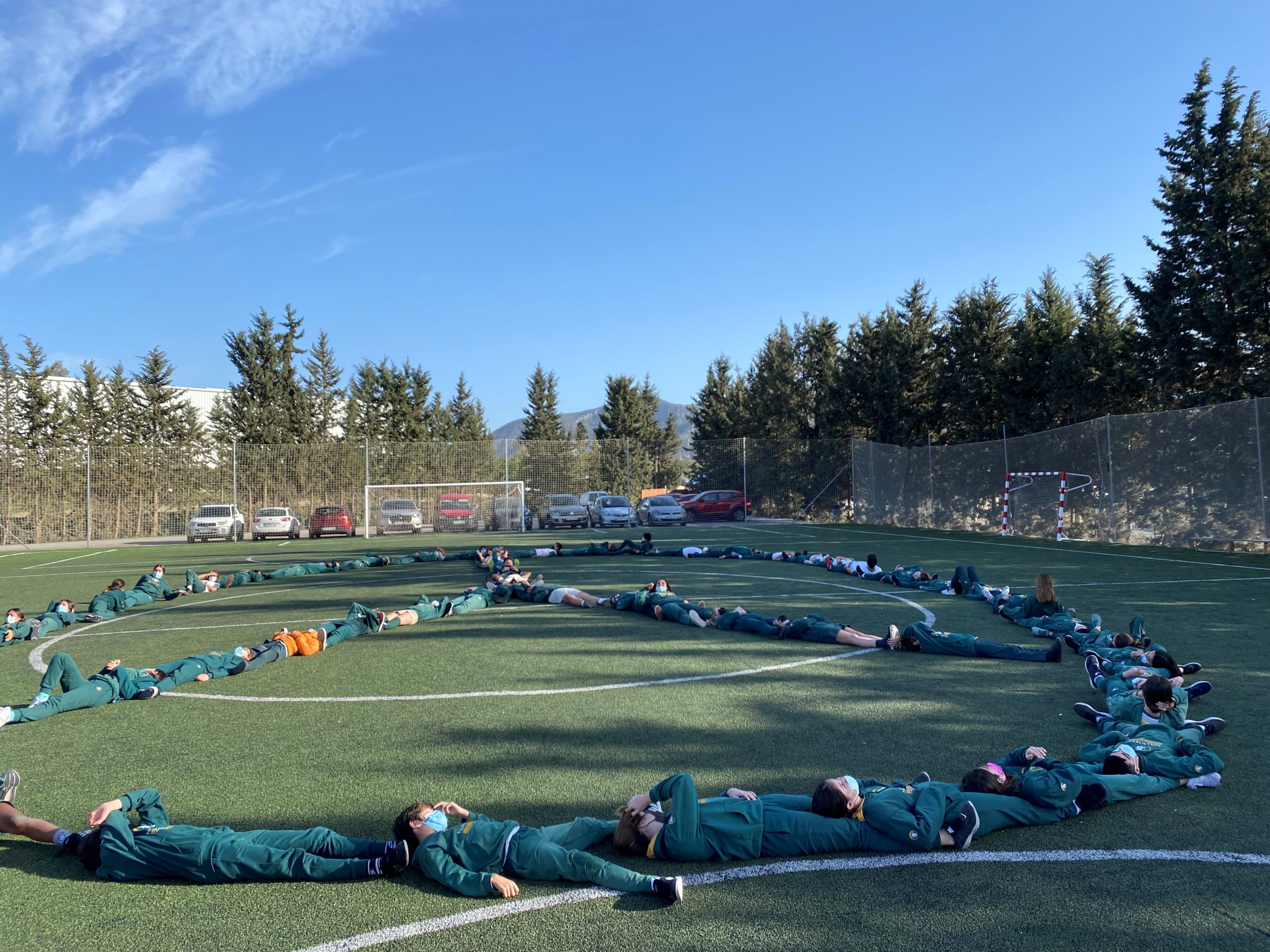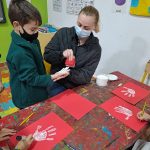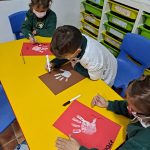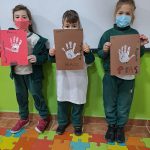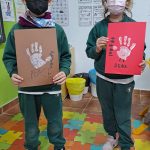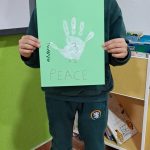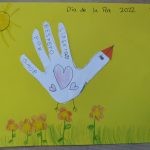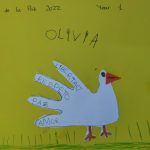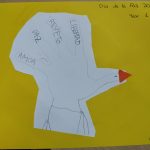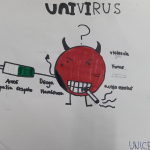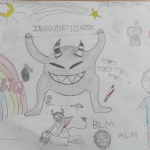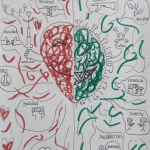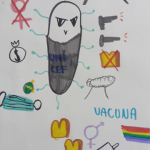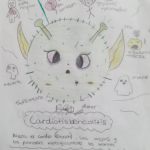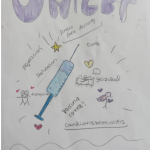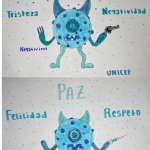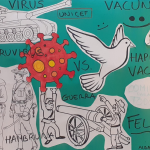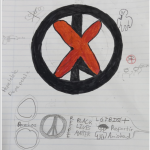At Novaschool Sunland International we carried out different activities throughout last week with the aim of commemorating a culture of no-violence and peace in our international British centre.
As educational centre we are committed to continue being defenders of peace and understanding between people of different backgrounds and ways of thinking. In addition, at this time we also promote tolerance, solidarity, harmony, respect for human rights and non-violence.
January 30 is an important day for the entire educational community because it celebrates the anniversary of the death of Mahatma Gandhi, a pacifist leader who defended and promoted non-violence and peaceful resistance in the face of injustice.
Promoting an education inspired by a culture of non-violence and peace means facilitating our students to acquire knowledge, attitudes and skills that reinforce their personal development to make them critical global citizens committed to their rights and those of others.
The general theme of non-violence, conflict resolution and coexistence is worked on at all educational levels, from Foundation to High School.
EARLY CHILDHOOD EDUCATION
Knowledge | Attitudes | Competences |
| The importance of living in an environment of peace and the harm that violence produces. | Interest in contributing to a peaceful environment. | Ability to express one’s frustration without resorting to violence. |
| Emotions related to peace: joy, love, tranquility. | Concern for the feelings of others, development of empathy. | Willingness to ask for help in case of conflict. |
| Emotions related to violence: anger, fear, suffering. | Respect for others. | Ability to relate non-violently. |
| Peace as something that exists if we build it. |
PRIMARY EDUCATION
Knowledge | Attitudes | Competences |
| Wars: causes, development and consequences | Motivation to participate in processes of peaceful conflict resolution. | Conflict resolution skills. |
| Conflicts in our immediate environment: similarities and differences with wars. | Tolerance towards the emotional manifestations of others, even if we do not share them | Ability to mediate in other people’s conflicts. |
| Concepts: power, victim, reconciliation, retaliation. | Respect and empathy for the victims of violence, even if we do not share their circumstances or opinions. | Self-regulation, emotional control in the conflicts that affect us. |
| Recovery and reconstruction: possibilities and limits. | Willingness to use the channels and procedures at our disposal to protect victims of violence. | Ability to distinguish between conflict and violence. |
| Mobilisation for the right to protection of other children. |
SECONDARY EDUCATION
Knowledge | Attitudes | Competences |
| Identification of the dynamics of a conflict. | Interest in deepening the knowledge of conflicts, avoiding “black or white” type positions. | Ability to apply effective conflict resolution strategies in other people’s disputes or in situations that affect us personally. |
| Social implications of violence and impact on culture. | Willingness to reflect on one’s own stereotypes and prejudices. | Leadership in building environments of peace. |
| Victims, victimisers and victimisation. | Critical view of media messages and their representations or explanations of violence or conflict. | Organisation of peer support groups. |
| Culture of peace and ideologies that justify violence. | ||
| The role of democracy and citizen participation in the protection of peace. |
